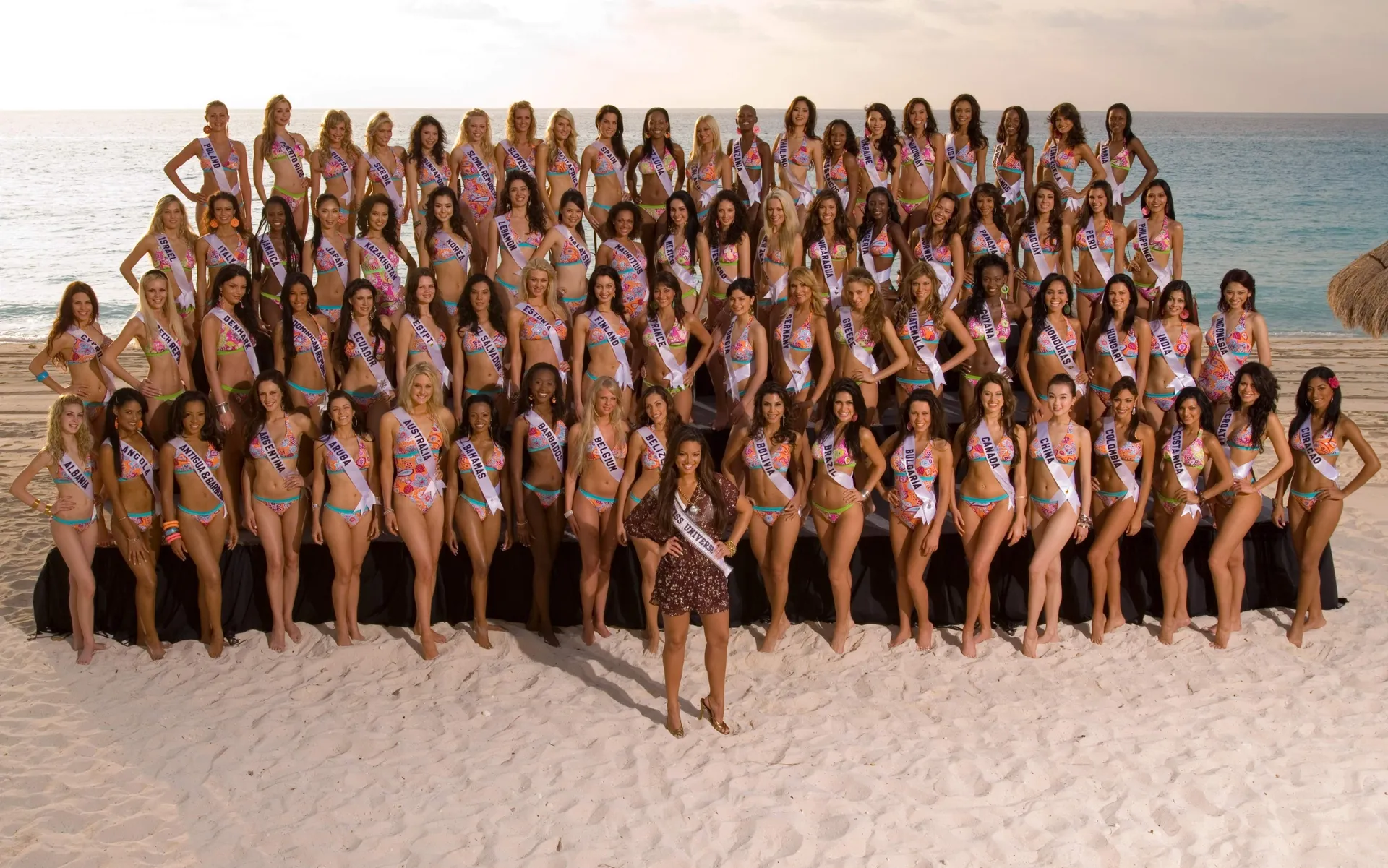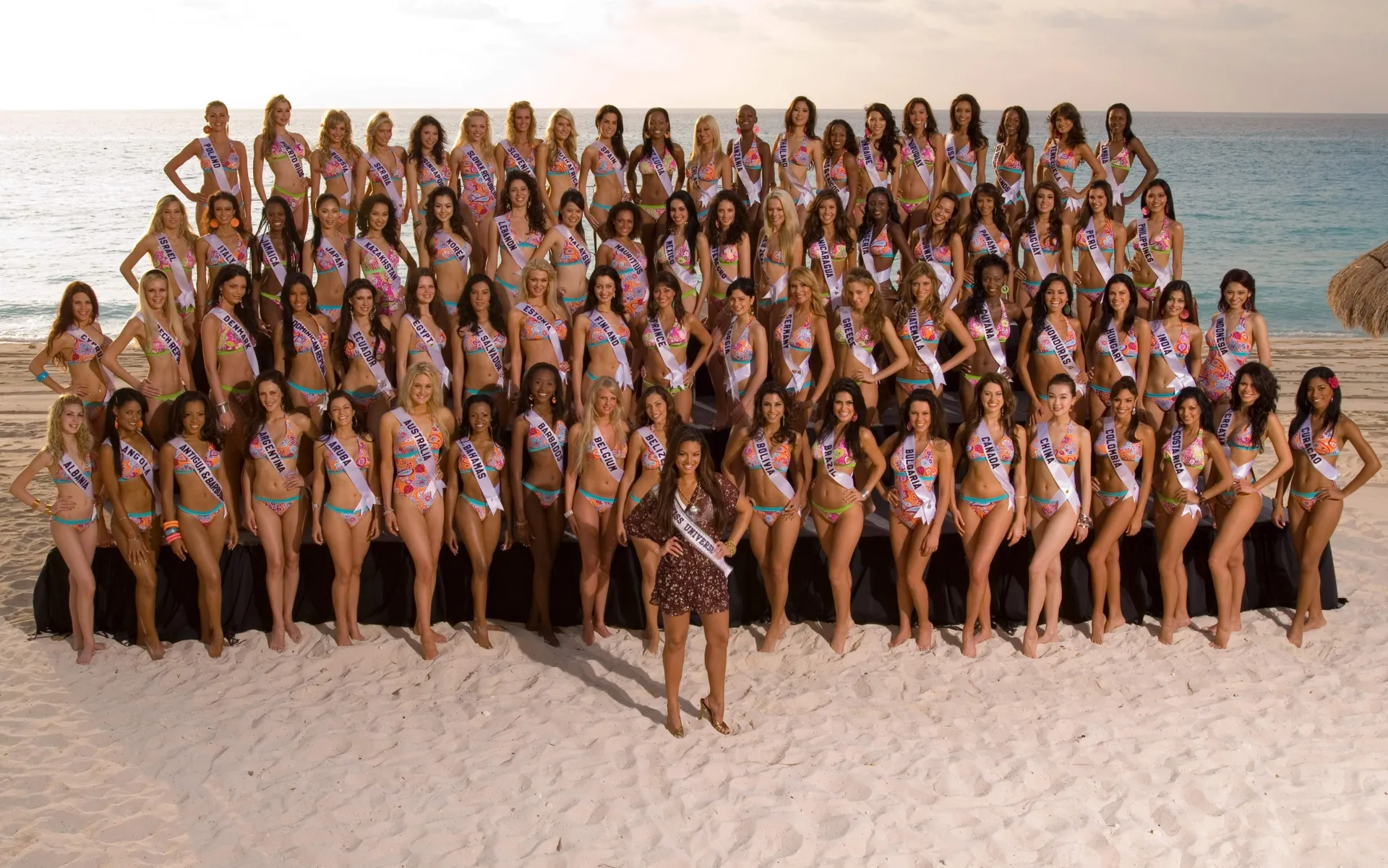Published: August 31, 2004
In the pages of King, a bimonthly men's magazine for the rims, bling and sneakers set, one thing is prized more than a taut waistline and a pretty face, shapely legs or a perky bosom: a large behind.
"That's what our readers have come to expect from us," said Datwon Thomas, King's editor since it began publishing three years ago. "They want to see the thick girls, the girls with..." Mr Thomas, a 29-year-old married father of two, stammered here, searching for a description that would work in the pages of a family newspaper, "...with, you know, a big backside."
On the surface, King, a spinoff of the popular hip-hop magazine XXL, owned by Harris Publications, appears to follow the same formula that lad mags like Maxim, FHM and Stuff have used to great success. Hot girl on the cover. More hot girls in various stages of undress on the inside. Fast cars, expensive gadgets, even the occasional article thrown in for good measure. The difference is one of audience.
King is the leader in a small but growing market of magazines that cater primarily to young African-American men. According to a report released this month by the Audit Bureau of Circulations for the six-month period ending on June 30, King's paid circulation grew by 52.2 percent, to 227,323. Other magazines in the category include BlackMen and Smooth.
"We've positioned ourselves to be the black Maxim," said Sean Cummings, Smooth's editor. Mr Cummings said that his magazine, which is not audited by ABC, has also had double-digit gains this year, growing to a circulation of 150,000 from 80,000 in the last 12 months. BlackMen's circulation, according to ABC, grew to 103,000 from just over 80,000 in the same period. (Maxim, has a circulation of more than 2.5 million, up a tiny amount over last year.)
Their circulations may be small, but the relative success of King and the others has not come as a surprise to some publishing analysts.
"The magazine industry has largely ignored the young black male reader," said Reed Phillips, a partner in DeSilva & Phillips, a media investment banking company that specializes in the magazine industry. "Publishers think they pick them up with music magazines like The Source, XXL and Vibe, so as a result there has been a void."
But beyond the desire to tap into an underserved market, these magazines are also presenting an alternative image of beauty. And that, Mr Cummings argues, is the great and somewhat subversive thing about them. "These books allow us to celebrate the beauty of our women without compromise," he said. "For years magazines like FHM, Maxim and Stuff have showed you their idea of beauty - a blond and blue-eyed 110-pound woman. Now we're showing you ours."
That may sound like a high-minded justification for running layouts of nearly naked women. Yet even if that is the case, there is no question that these nearly naked girls look decidedly different than the nearly naked girls one finds in large-circulation mainstream magazines. Few are white and none are model thin. "It's safe to say that our girls would probably not appear in the pages of Vogue," Mr Thomas said, chuckling. "Anna Wintour would be like, 'Honey, stop with the cupcakes.' "
Mr Cummings said the measurements of the quintessential Smooth girl would be approximately 36-24-38, he added.
Andy Clerkson, editorial director of Dennis Publishing, the company behind Maxim and Stuff, said his magazines did not have a type. Last year, he pointed out, 5 of the 12 women who appeared on the cover of Maxim were not white. "We're looking at female celebrities who reflect the national demographic, and if that's Beyonce or Anna Kournikova or Lucy Liu, so be it," he said. Fame more than anything dictates his magazine's choices, he said.
Jayson Rodriguez, a 25-year-old graduate student at New York University, said he skipped over the mainstream lad magazines at newsstands and headed straight for King and Smooth. "I'm not interested in the Anna Kournikovas and Paris Hiltons of the world," Mr Rodriguez said. But the magazines provide more than an opportunity to ogle women with hour (and a half) glass figures, he was quick to explain. The magazines' "irreverent humor" and unique take on the world at large attract him, too.
"When I read Esquire and GQ, I feel like I'm broke," he said. "When I read King and Smooth, they make me laugh. I can relate. It feels like I'm talking to my boys."











No comments:
Post a Comment